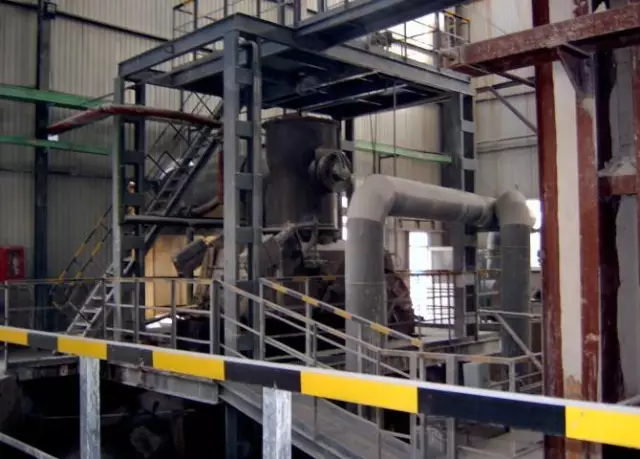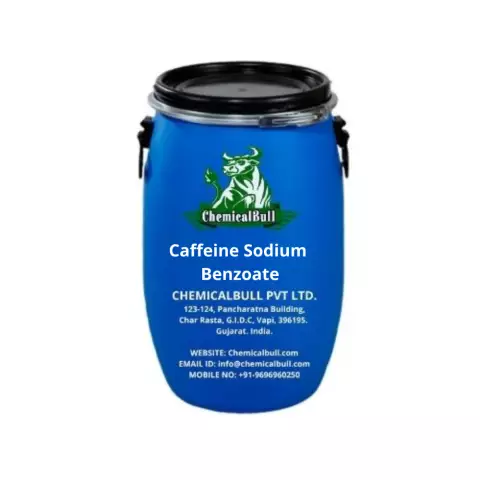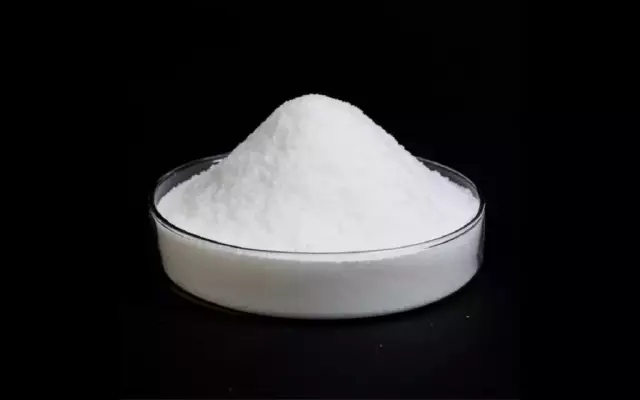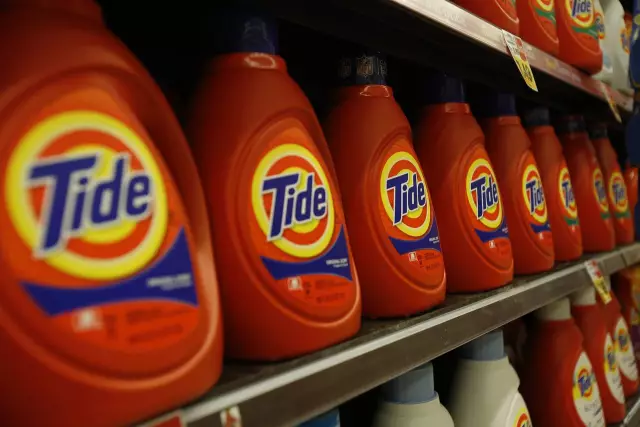- Author Rachel Wainwright wainwright@abchealthonline.com.
- Public 2023-12-15 07:39.
- Last modified 2025-11-02 20:14.
Sodium silicate

Sodium silicate (liquid glass, food additive E550) are salts of silicon acids. For the first time, liquid glass was obtained by the German chemist Jan Nepomuk von Fuchs in 1818. This compound is very widespread in nature. Silicates are contained in one third of all known mineral compounds (clay materials, feldspars, mica).
General properties of liquid glass
Sodium silicate is a white or whitish fine powder without a specific taste and smell. Liquid glass dissolves in water and forms a viscous solution. In dilute solutions, sodium silicate decomposes into silicic acid anions and sodium cations. When the water is removed, the sodium silicate solution turns into an amorphous solid. Under the action of chlorides and acids, silica gel (sorbent) is formed from the liquid glass solution.
Viscous sodium silicate solutions, when heated to a temperature of 200-300 ° C, swell and increase in volume five to eight times.
Obtaining sodium silicate
Currently, liquid glass is obtained by autoclaving raw materials containing silica with concentrated solutions of sodium hydroxide. There are also known methods for producing sodium silicate, based on crystallization of melts from glasses, deposition from the gas phase and solutions.
Application of liquid glass
In the food industry, food additive E550 is used to prevent caking and clumping of food products in the manufacture of bakery products, milk powder, granulated sugar and other powdered products and food raw materials.

Liquid glass is added to soap and is also used in the manufacture of powders and washing pastes. This substance is quite often used in the pharmaceutical, cosmetic industry in the manufacture of shadows, loose powders and dusting powders. Synthetically synthesized liquid glass is included in the composition of adsorbents, solid lubricants, and also used in the production of slags, cement, concrete and refractories. E550 additive is used as a filler in industrial production of paints, paper, rubber, varnishes.
Sodium silicate harm
Experts from a number of countries have found evidence of the possible harm of the E550 food additive. For this reason, sodium silicate is now banned as a food additive in some countries.
Therefore, it is especially important to limit the consumption of foods with the E550 food additive in case of a tendency to allergies, digestive disorders, as well as in childhood and in chronic diseases.
Found a mistake in the text? Select it and press Ctrl + Enter.






